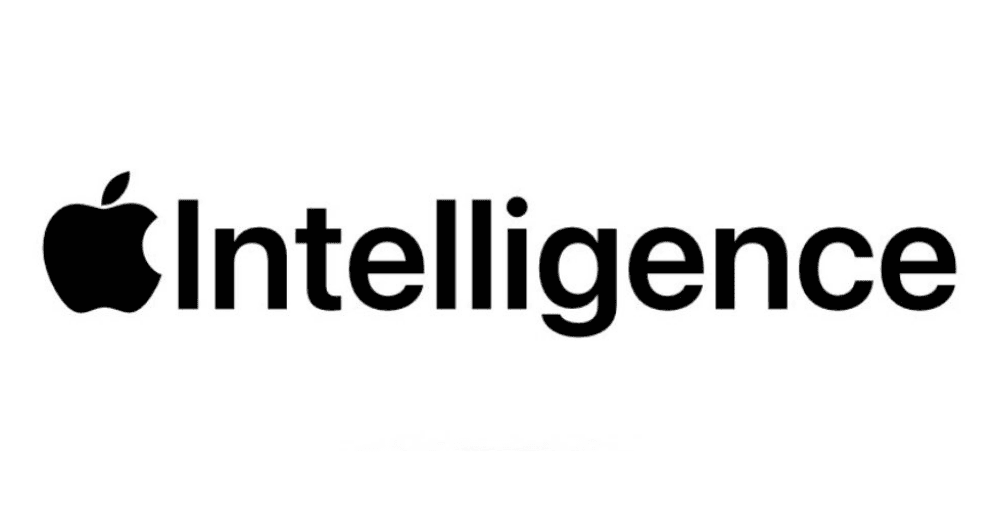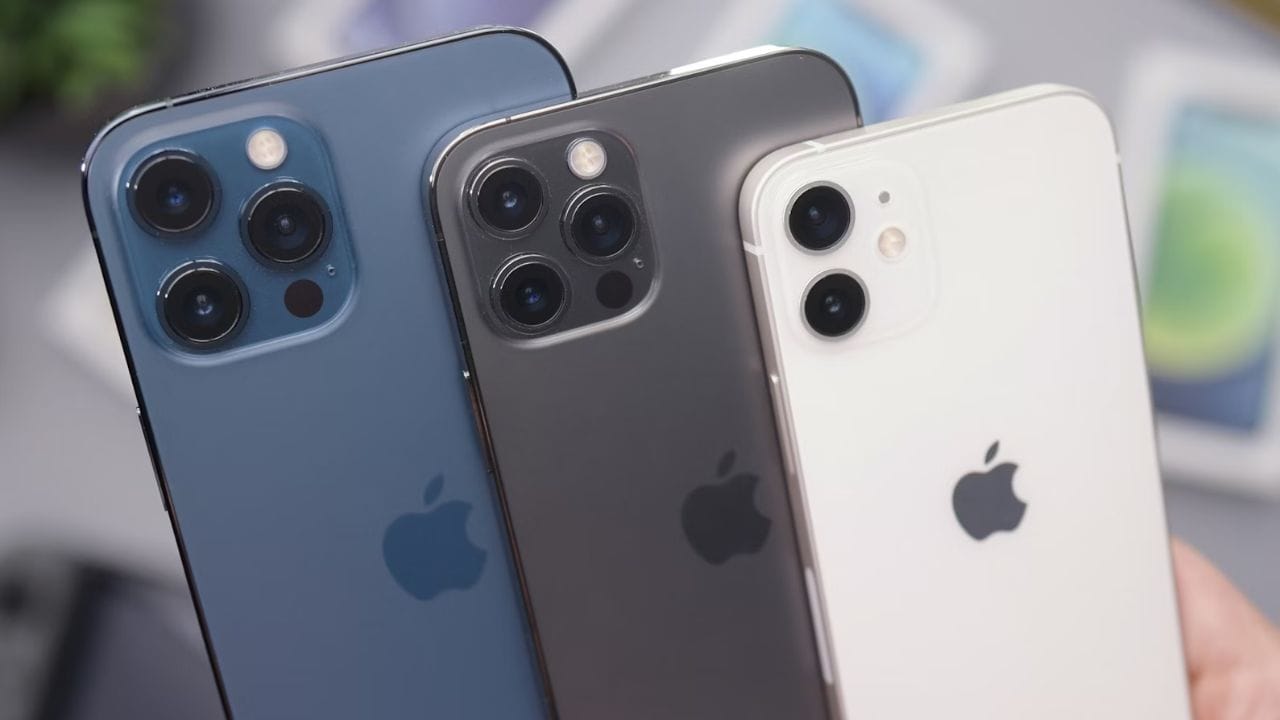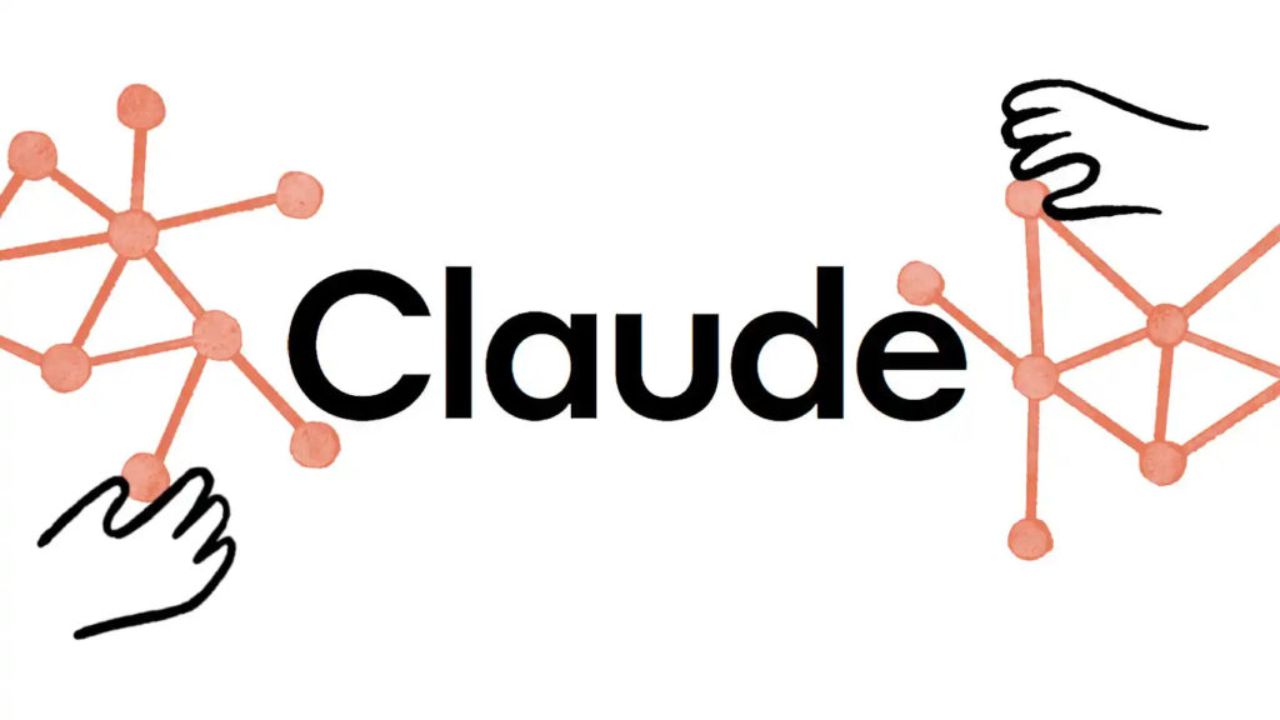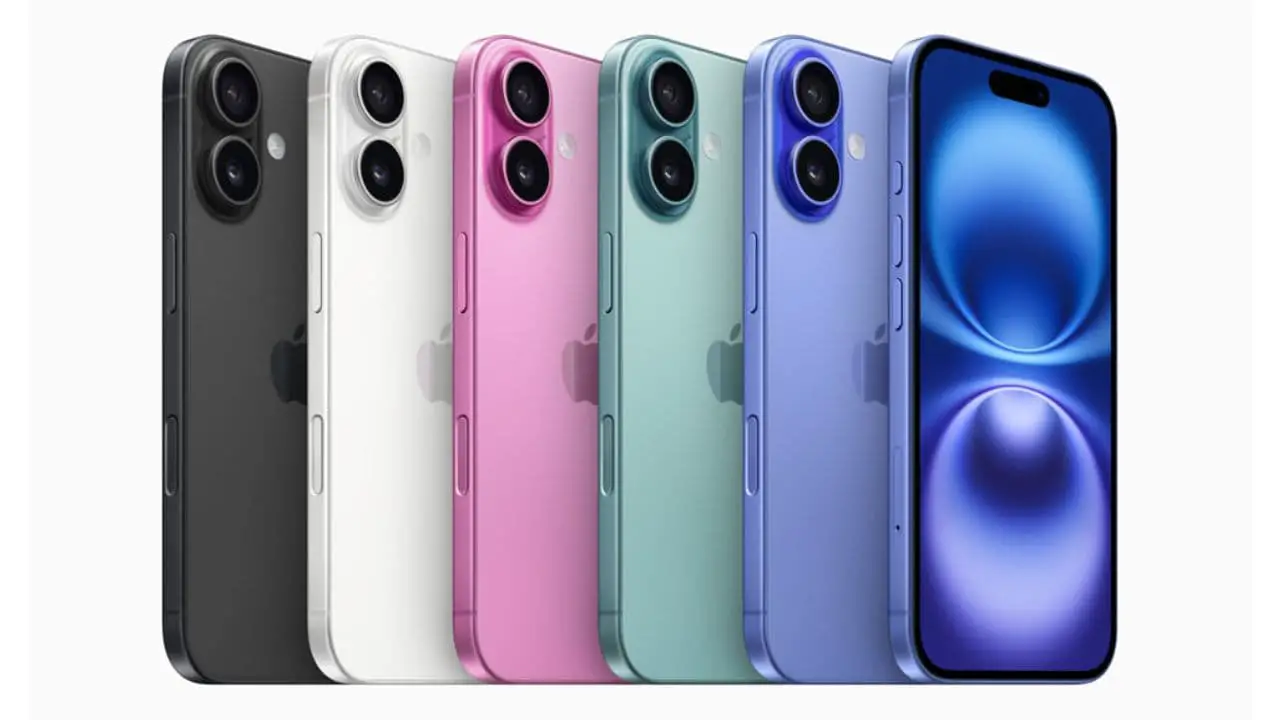As artificial intelligence changes technology, there remain only two giants at the top: Apple Intelligence and ChatGPT. Both take AI in fundamentally different directions. Apple Intelligence approaches being privacy-driven, meaning it is deeply integrated into hardware-based ecosystems on Apple products.
Meanwhile, ChatGPT from OpenAI takes a flexible, versatile direction with a broad reach on one’s experience but does everything in every way. Here’s an in-depth comparison between Apple Intelligence and ChatGPT: their philosophies behind the design, what they are capable of doing, and how well they might collaborate.
Apple Intelligence vs. ChatGPT: Which is Better?
Apple Intelligence: Private by Design, Natively Integrated
AI by Apple is otherwise simply known in street parlance as Apple Intelligence with much focus on betterment in terms of the user experience in keeping the devices provided by the house with direct and native integration of AI. Some fundamental principles that apply here have to do with how, for example, Apple believes it can retain private attributes in a user without revealing it as one would possibly when processing data as strictly as device-centric.

This would be an assurance that all confidential data concerning the processes or operations, for example, with AI such as voice instructions through Siri or picture labeling, will always remain on and encrypted on the device itself during its processing.
Benefits of Apple’s AI which is based on this on-device strategy
- Improved Privacy: Considering the data is retained locally on the device, any processing required to be handled by the cloud will then be very minimal and risks of exposure and breaches due to data exposure will still be negligible.
- Offline Functions: Some functions work fine and operate just fine, irrespective of their need to reach any internet at any stage in the functioning of any system, so the reliability factor improves.
- One Unified System: Integrated on an enormous line of products Apple has made available because quality, as well as a customer-focused and privacy-oriented innovative outlook, will have been exercised with utmost rigor in pursuing the concept of Apple Intelligence.
Despite all this, many still claim that the limitation of scope by Apple especially in the case of AI capability is particularly more limiting when compared to much broader systems based on the server for such platforms as ChatGPT.
ChatGPT: An all-rounded and expansive AI Model
This AI is a completely new breed in itself; the fact that ChatGPT is developed by OpenAI speaks volumes about versatility, accessibility, and scalability. ChatGPT is hosted mostly on cloud servers that offer a lot of computationally intensive language processing as well as a wide range of applications, ranging from content creation, and translation to conversational assistance.

Some major strengths include:
- These are tasks that create language, question answers, and generate complex, unique content to best fit uses other than the local functionalities given by Apple.
- It’s scalable and is constantly improved upon by OpenAI as it receives direct thrusts of updates into users without having to wait for device-based updates.
- ChatGPT access is permitted on multiple platforms, from mobile applications to web applications, which highly deploys it beyond a singular hardware set.
- One disadvantage is that it will be a server-based architecture and all the user’s data gets processed remotely, therefore, may be an issue of privacy. It addresses this by working to achieve a balance between functionality and proper data practices through security mechanisms for protecting user’s data.
Its Benefits
Features Best for its in-house applications such as Siri. It has been designed to help a person write to programming.
Accessibility Exclusive for Apple devices. It is an application that works and has no limitation on being installed on any device; this is platform-agnostic.
Apple Intelligence is for those who primarily focus more on confidentiality and only ride along on the Apple Bandwagon. On the other end, ChatGPT will offer more space in aspects of openness and adaptability to attract more user attention to their operations under different platforms.
Artificial Intelligence: The Union of Coalescence and Simultaneous Change
Contrary to the two services offered by it, there is potential for collaboration between them also. For instance, Apple will use the advanced language generation of ChatGPT to elevate Siri’s conversational capability, while ChatGPT can make use of the privacy practices of Apple and provide a much more secure data set to the user. This is how AI not only will be powerful but also be privacy-conscious as it slowly becomes an intuitive assistant that will be relied upon daily in life.
Summary: In the areas of development that differ in AI development by Apple and OpenAI, their strengths provide a complementary vision to what AI can produce. In Apple’s very large user base combined with its commitment to privacy and OpenAI’s flexibility with language proficiency, uniqueness prevails for the AI landscape of what a wide variety of tools and experiences have come to users.
Table of Differences
Let’s compare these two AI models in terms of their design, strengths, and potential areas for improvement.
| Feature | Apple Intelligence | ChatGPT |
|---|---|---|
| Privacy | High: On-device processing reduces data sharing risks. | Moderate: Data processed on servers with safeguards. |
| Integration | Seamlessly embedded in Apple devices. | Available across multiple platforms. |
| Capabilities | Primarily enhances Apple’s apps (e.g., Siri). | Supports a wider range, from writing to coding. |
| Accessibility | Limited to Apple devices. | Platform-agnostic, accessible on various devices. |
Wrapping It All
This is Apple Intelligence and ChatGPT, two sides of evolving possibilities within AI. Either the approach of Apple to privacy or the flexibility of ChatGPT, both are changing technology. As AI develops, it will be exciting to see these two giants merge their ideas and bring Apple’s ecosystem approach together with OpenAI’s expansive accessibility. The future of AI isn’t competition but collaboration: the best of both worlds, user-centered and privacy-conscious technology.






